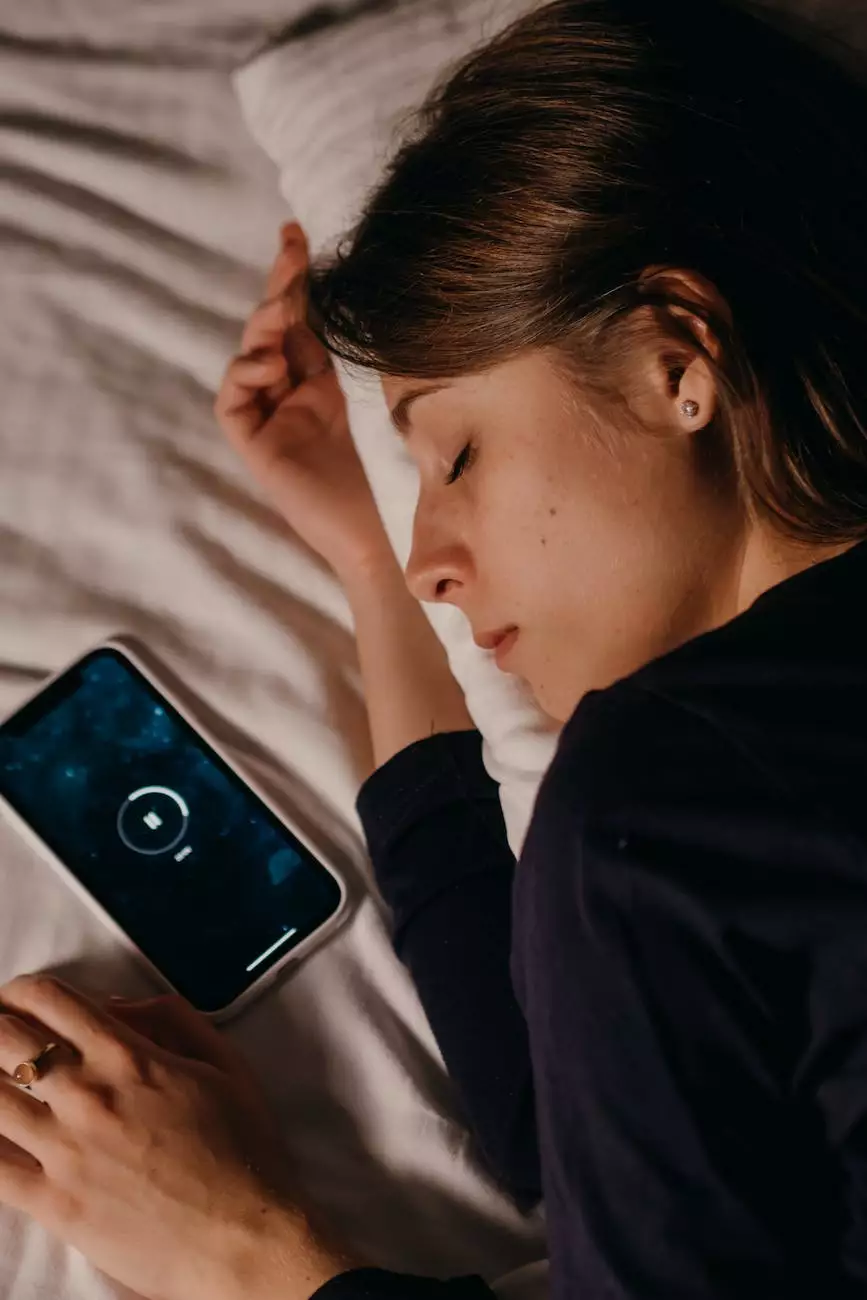Balancing your Screen Time and Eye Health

The Importance of Eye Health in a Screen-Oriented World
In today's digital era, we are more connected to our screens than ever before. Whether it's working on computers, browsing on smartphones, or watching television, our eyes are constantly exposed to digital screens. While technology has undoubtedly made our lives easier, it also poses challenges to our overall eye health. It's crucial to find a balance between screen time and taking care of our eyes.
The Risks of Excessive Screen Time
Prolonged and excessive screen time can result in various eye-related issues, including:
- Digital Eye Strain: Also known as Computer Vision Syndrome (CVS), digital eye strain occurs when our eyes are exposed to screens for extended periods. Symptoms may include dryness, redness, blurred vision, headaches, and neck or shoulder pain.
- Blue Light Exposure: The blue light emitted by digital screens can penetrate deep into our eyes, potentially causing long-term damage. Overexposure to blue light may increase the risk of macular degeneration and disrupt our sleep-wake cycle.
- Reduced Blinking: When we focus on screens, our blink rate decreases significantly, leading to dry and irritated eyes. Blinking helps distribute tears, keeping our eyes lubricated and preventing discomfort.
Tips for Balancing Screen Time and Eye Health
While it may be challenging to reduce our screen time entirely, there are several strategies we can implement to protect our eyes and promote overall eye health:
1. Follow the 20-20-20 Rule
For every 20 minutes spent looking at a screen, take a 20-second break and shift your gaze to an object at least 20 feet away. This helps reduce eye strain and relaxes the focusing muscles inside the eye.
2. Adjust Screen Settings
Optimize your screen's brightness, contrast, and font size to reduce strain on your eyes. Additionally, you can try using "night mode" or blue light filters available on many devices to minimize blue light exposure.
3. Practice Proper Lighting
Ensure the lighting in your workspace is suitable for screen usage. Avoid glare from windows or bright overhead lights, as they can cause glare on the screen, straining your eyes.
4. Take Regular Breaks
Avoid continuous hours of screen time by taking short breaks throughout the day. Use these breaks to rest your eyes, stretch your body, and do activities that don't involve screens.
5. Use the 10-10-10 Exercise
Every 10 minutes, focus on an object at least 10 feet away for 10 seconds. This helps relax the eye muscles and prevents them from becoming fatigued.
6. Maintain a Healthy Lifestyle
Eating a balanced diet rich in nutrients, staying hydrated, and getting regular exercise can positively impact your eye health. Proper nutrition supports healthy eyes, while physical activity improves blood circulation, benefiting your overall well-being.
7. Get Regular Eye Exams
Visit your trusted eye care professional, such as David J Scholten, OD, PC, for regular eye exams. Comprehensive eye exams can detect early signs of eye conditions and ensure your eyes are healthy and well-cared for.
Conclusion
As we continue to navigate the digital landscape, it's essential to prioritize our eye health. Balancing our screen time, following eye care tips, and seeking professional advice from trusted eye care experts like David J Scholten, OD, PC can help us maintain optimal eye health and enjoy the benefits of technology without compromising our well-being.









